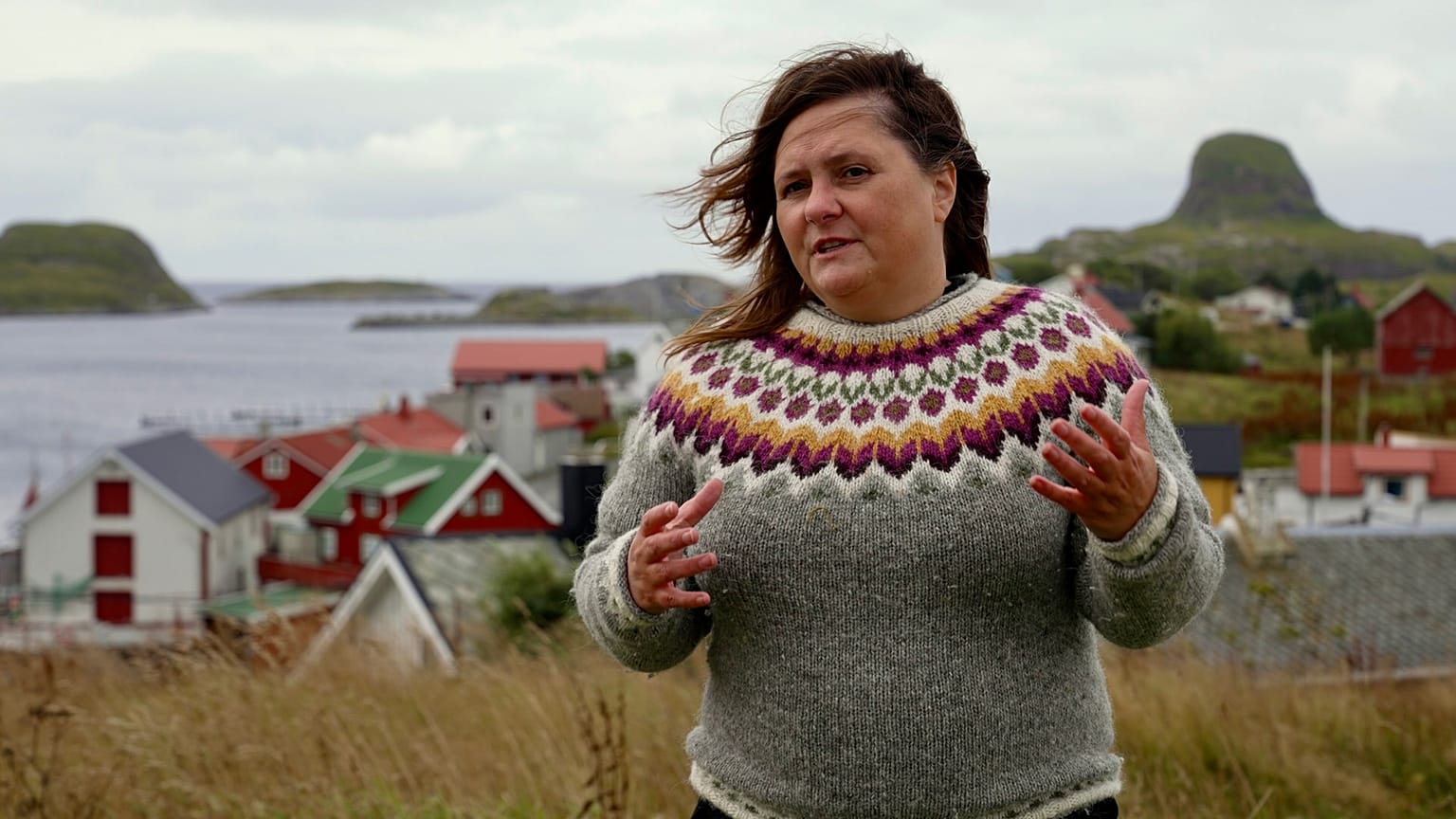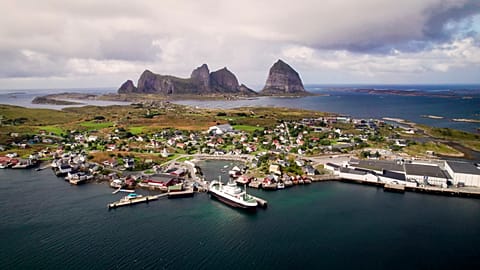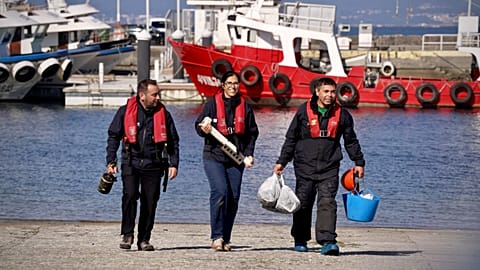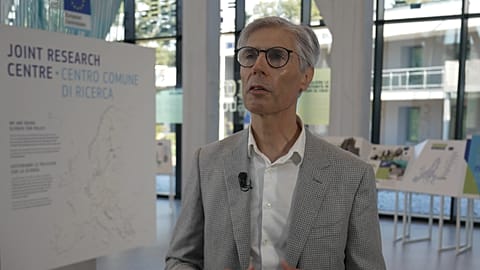Small communities across Europe’s Arctic are facing a crisis: remote locations like Norway’s Træna archipelago are losing residents faster than they can replace them.
Research professor Maiken Bjørkan from Nordland Research Institute and her team have spent years studying this problem. Through the European project "EmpowerUS", they’ve been working directly with several communities to find solutions that actually fit their specific challenges.
Bjørkan points out the disconnect between national policies and reality: "Sometimes it feels as if the solutions are made for different contexts, such as big cities or less peripheral regions," she explains.
Even well-intentioned programmes often fall short when applied to Arctic communities. "All the national programs or international plans such as the Sustainable Development Goals and so on — sometimes when you look at it from a local level, the way that they’re implemented, it doesn't really work."
The EmpowerUS project represents a different approach — one that listens to communities first, then builds solutions around their actual needs rather than forcing them to adapt to policies designed elsewhere.
Transport emerges as a critical issue. Boats often get cancelled, due to harsh weather or operational reasons.
"If you can't get to your hospital appointment, if you can't go and see your family elsewhere or be connected the mainland, then you're isolated and then you can't stay here," Bjørkan says.
Lack of schools is also an issue driving people out. “When you don't have a school, you won't have new families moving here. This isn't seen as a viable place to live your life."
Despite these challenges, Bjørkan says that most locals genuinely want to stay. "They want to live here. This is the place that they have, and they are living their best life."



















